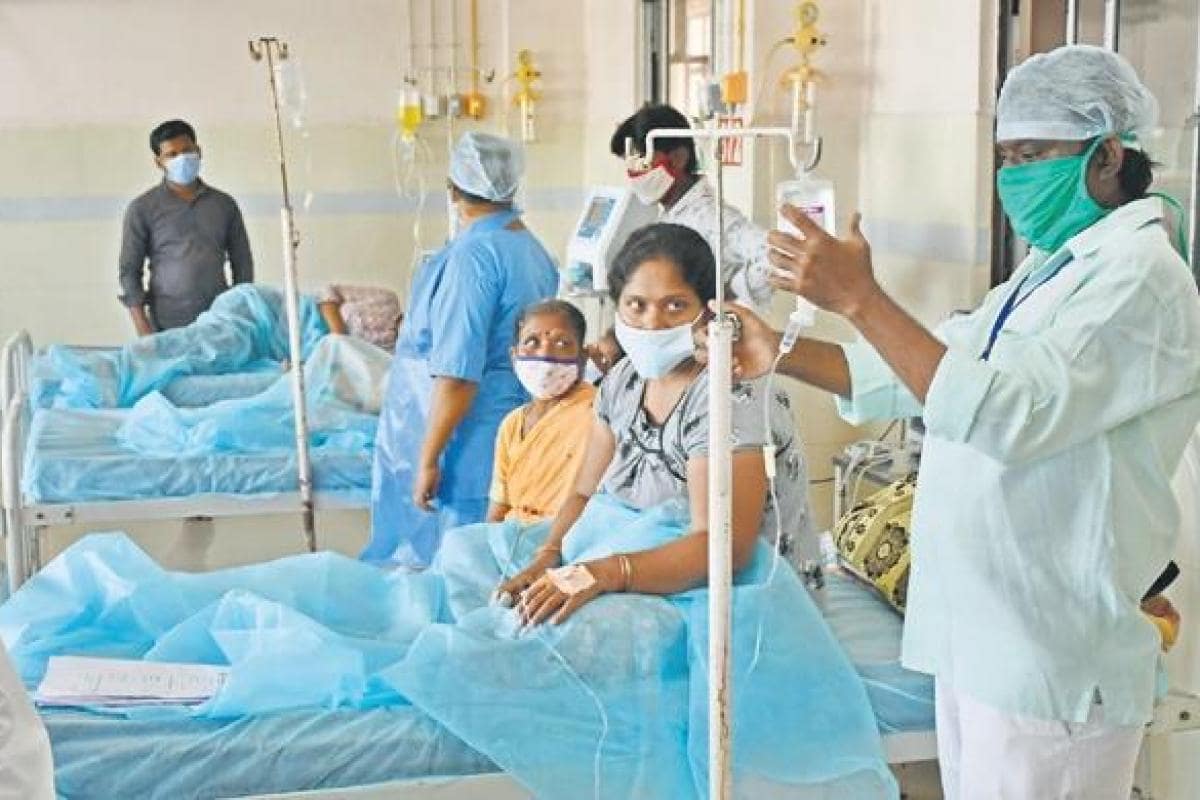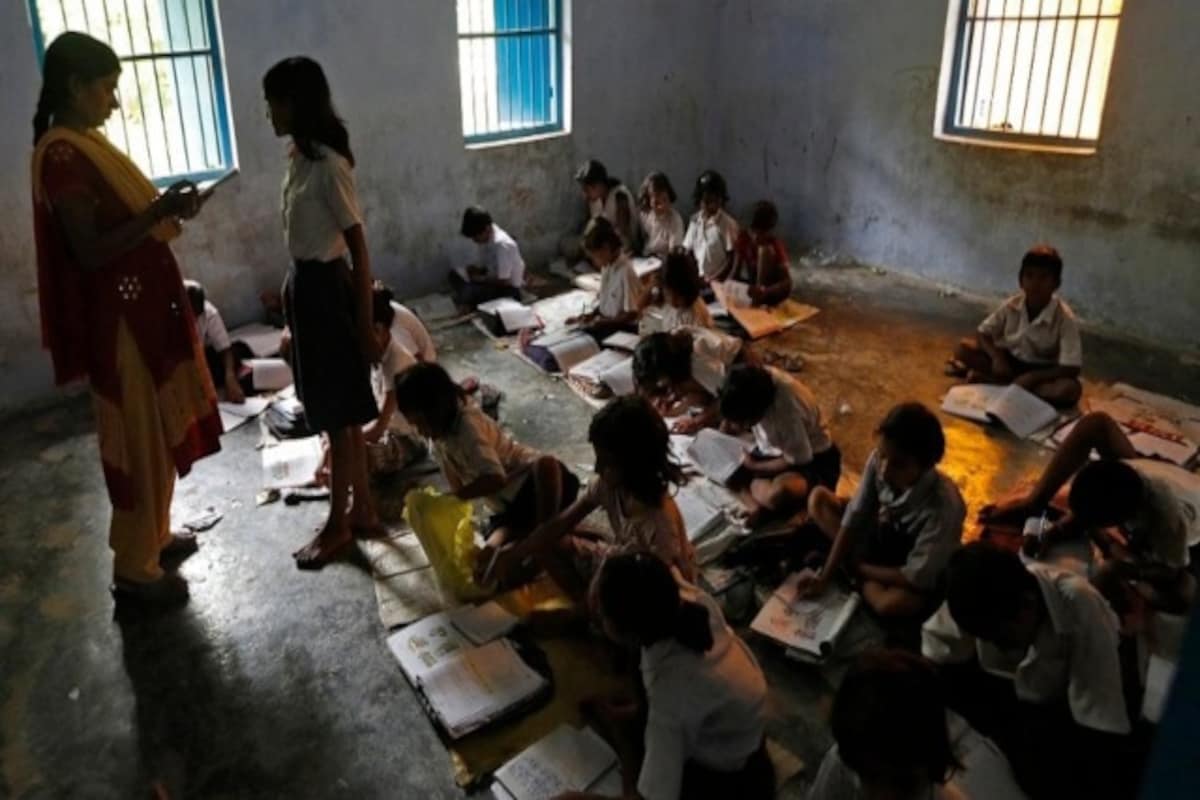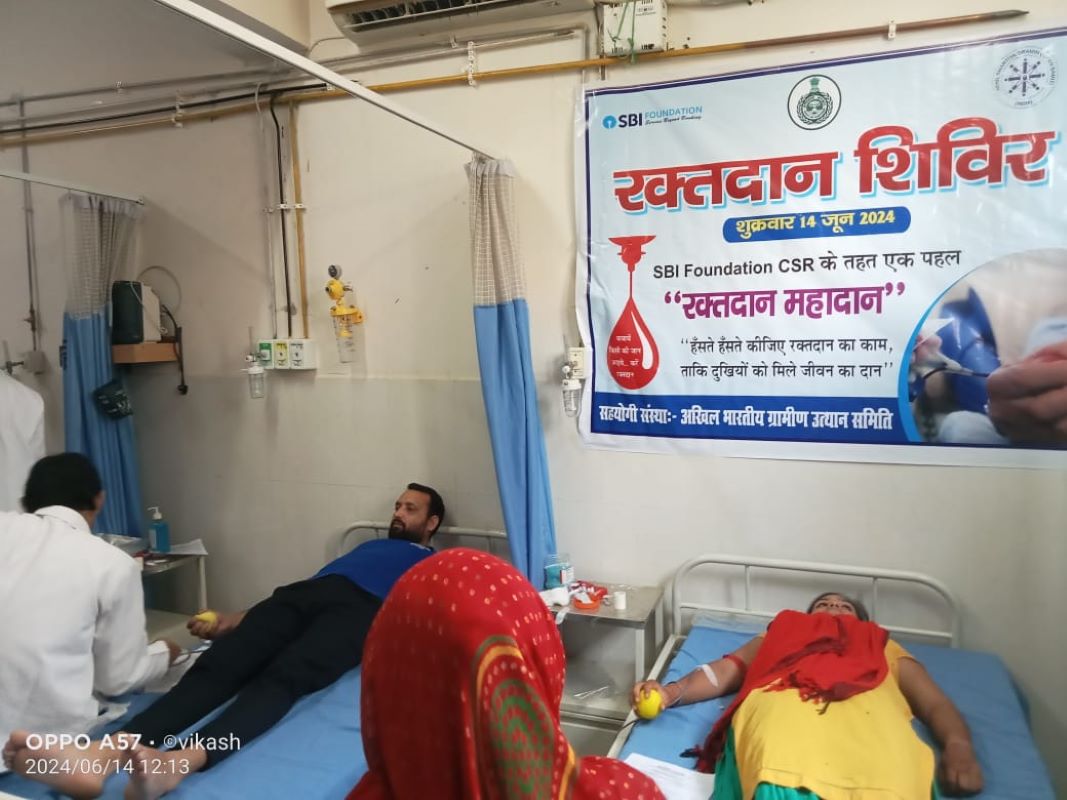The impact of access to healthcare in low-income communities
Access to healthcare is a fundamental human right, yet it remains out of reach for many low-income communities. Inadequate access to healthcare not only affects the physical health of individuals, but also their mental and financial well-being.
Low-income communities often face a lack of access to basic healthcare services such as preventive care, diagnosis, and treatment. This can lead to a higher prevalence of chronic illnesses and infectious diseases, as well as delayed treatment and poorer health outcomes. The lack of access to healthcare also perpetuates the cycle of poverty, as individuals are unable to work and provide for their families due to poor health.
Furthermore, low-income communities often have limited access to specialized healthcare services, such as mental health services and maternal and child health services. This can lead to a higher incidence of mental health problems and maternal and child mortality, further exacerbating the health disparities in these communities.
Access to healthcare is not just a matter of providing medical services, but also addressing the underlying social determinants of health such as poverty, education, and housing. Community-based healthcare programs that take a holistic approach to addressing health needs and empowering communities to take control of their own health have been shown to be effective in improving health outcomes in low-income communities.
Ensuring access to healthcare for low-income communities is crucial for not only improving the health and well-being of individuals, but also breaking the cycle of poverty and promoting sustainable community development. It is the responsibility of all stakeholders, including government, healthcare providers, and the community, to work together to address this issue and ensure that all individuals have the opportunity to live healthy and fulfilling lives.









